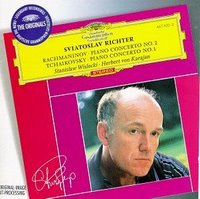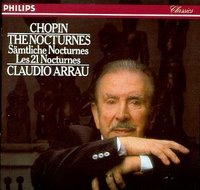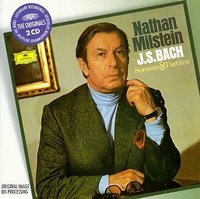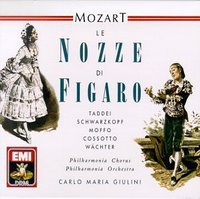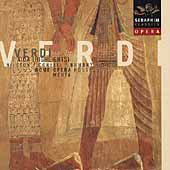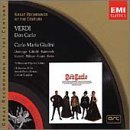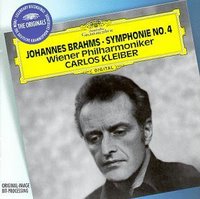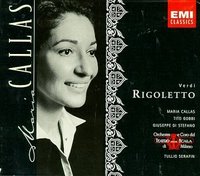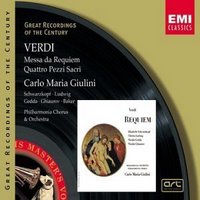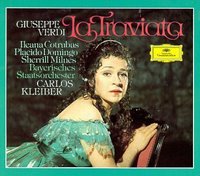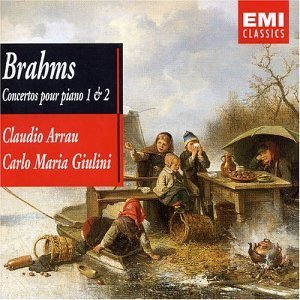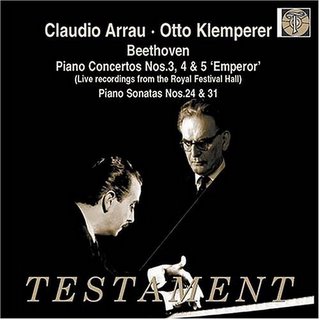
1909 saw the birth of what was to be the last great piano concerto, the third of Rachmaninov. It soon became a landmark in piano literature and a real shibboleth for all pianists. As you probably know already it is a sea of expressivity in all registers and pianistically a technical monster. As such, although many tried to approach it the achievers are few and trully great recordings even fewer. One of the problems is that, as for any truly great concerto, the pianist and the conductor have to be as good and have to cooperate extremely close to make it work.
Now we get to the recording in case. Horowitz left us with 3 recordings of this concerto. Preferences go to any of them yet, what makes this one special in my view is Ormandy, as I will explain it further. Probably it will suffice to say that Ormandy is the conductor that conducted Rachmaninov's performance of the concerto. Horowitz too had the maestro's blessing. Although this might sound as reasons enough to listen to it the real reason lies deeper than that. Compared to his previous two versions Vladimir is a little wiser and takes a different approach. His incisiveness is not as acute as it used to be yet he brings a whole new dimension as far as the details and profoundness of his interpretation are concerned. In this recording you can see clearly through technical fireworks all the way to the very soul of the composition. The development of the concerto is flawless and his expressivity at the keyboard lets very little room for more. As I was mentioning what makes this concerto a real landmark is Ormandy. In his hands the orchestra it's a huge mirror molding perfectly on its moods. They sound superb and when time comes to take the narrative lead they tell the rest of the story equally convincing. There is no crack in this perfect marriage. The piano and the orchestra are like the hands of an exquisite ballet dancer. Sometimes the cellos can make your heart tear apart and just the urge to hear what's next keeps you on top of things.
All in all you have to listen to this. You can try other versions that "made it" (Horowitz and Reiner, Martha Argerich's famous redemption, Ashkenazy) but I will go to this one as soon as possible.
